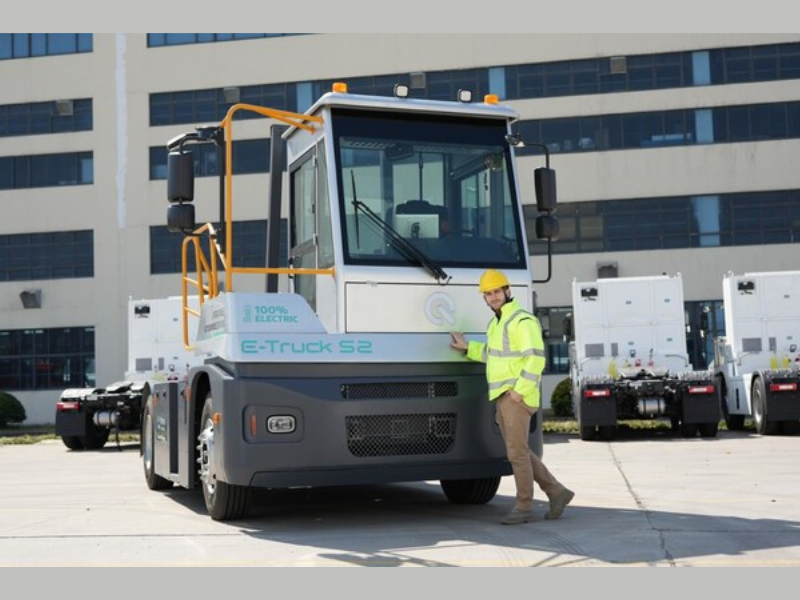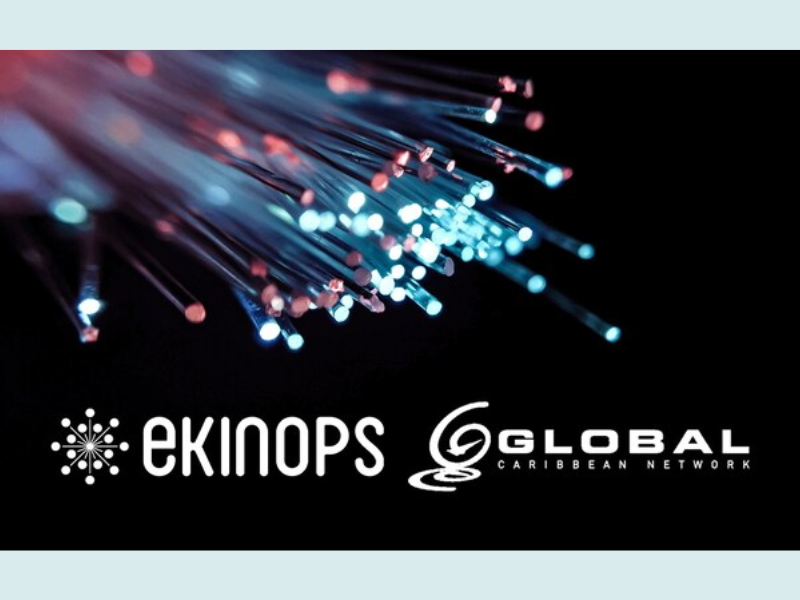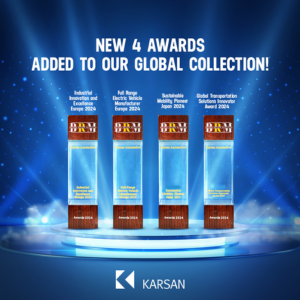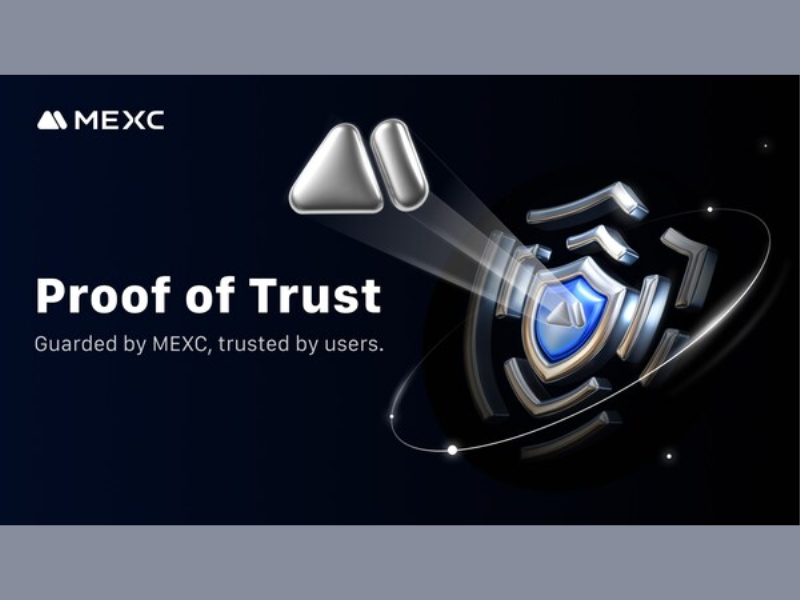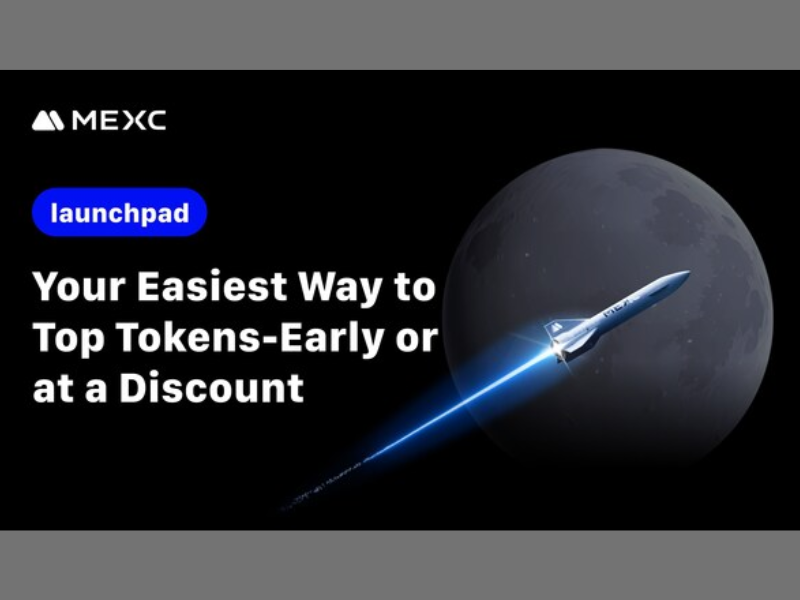The Ministry of Economic Development and Technology in Poland recently offered Ascend Elements up to USD 320 million to support construction of a sustainable precursor cathode active material (pCAM) manufacturing facility in Poland. pCAM is a high-value, precisely engineered material used in the manufacture of lithium-ion batteries for electric vehicles and other advanced industrial applications. The cash subsidy of 1.22 billion Polish Zloty (PLN) is one of the largest grants ever offered by the Republic of Poland. As part of the E.U.’s Temporary Crisis and Transition Framework (TCTF), the grant is designed to support Europe’s transition to a net-zero economy.
“This offer of support from the Polish government marks a significant step forward in Ascend Elements’ European growth strategy,” said Linh Austin, President and CEO at Ascend Elements. “We are committed to building a sustainable battery materials supply chain on both sides of the Atlantic, and we greatly appreciate the Ministry’s offer of significant financial support.”
Ascend Elements has already identified a location in Poland for the construction of its first advanced battery materials (pCAM) manufacturing facility in Europe. CEO Linh Austin met with Poland’s Secretary of State Michał Jaros at the Polish Ministry of Economic Development and Technology in Warsaw on Wednesday to receive the grant offer.
“Battery sector projects are a key part of PAIH’s investment portfolio,” said Pawel Pudlowski, Ph.D., Vice President of the Management Board at the Polish Investment and Trade Agency (PAIH). “The Ascend Elements project is one of the largest U.S. investments in recent years, strengthening Poland’s role in the battery supply chain and supporting regional development, including technology development and cooperation with local educational institutions.”
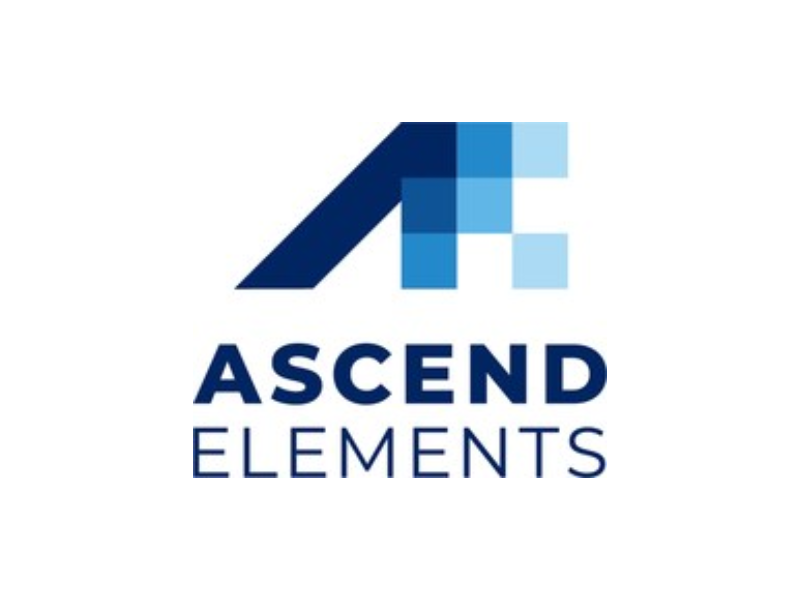
Ascend Elements plans to commercialize its innovative technology for the manufacture of sustainable nickel, manganese, and cobalt (NMC) pCAM made from recycled lithium-ion battery materials at the new facility in Poland.
“We are deeply grateful for the support of the Polish government and thrilled to expand our presence in Europe,” said Tomasz Poznar, Ph.D., Senior Vice President of Commercial at Ascend Elements. “This project is more than a strategic investment in cutting-edge battery materials production; it marks a critical step in transforming Europe’s battery materials landscape. By bringing our advanced Hydro-to-Cathode technology to Poland, we aim to help bridge the growing gap in cathode precursor supply and contribute to the EU’s strategic net-zero goals by building a sustainable circular battery materials supply chain in the region.”
The company’s Hydro-to-Cathode direct pCAM synthesis technology produces new NMC pCAM material from spent lithium-ion cells more efficiently than traditional methods, resulting in improved economics and lowered carbon emissions. A recently published life cycle assessment found the Hydro-to-Cathode process is significantly cleaner than traditional battery recycling methods – producing 49% lower carbon dioxide equivalent (CO2e) emissions and 26% lower particulate matter 2.5 (PM 2.5) emissions. By 2030, Ascend Elements aims to achieve 86% lower CO2e emissions and 94% lower PM 2.5 emissions through additional decarbonization efforts.
In 2024, Ascend Elements and Elemental Strategic Metals established a joint venture to own and operate the AE Elemental JV battery recycling facility in Zawiercie, Poland. The new pCAM facility in Poland will be solely owned and operated by Ascend Elements.
In the United States, Ascend Elements owns and operates one of North America’s largest battery recycling facilities in Covington, Georgia. A new lithium recovery line at the Georgia plant is expected to produce up to 3,000 metric tons of Lithium Carbonate (Li₂CO₃) annually, making Ascend Elements the first U.S. company to produce Li₂CO₃ from recycled content. In Hopkinsville, Kentucky, the company is building an advanced Hydro-to-Cathode pCAM manufacturing facility to produce engineered battery materials for up to 750,000 electric vehicle batteries annually. When operational in late 2026, the facility is expected to be North America’s largest NMC pCAM manufacturer.
Read Similar News:
Group14 Technologies acquires Schmid Silicon


